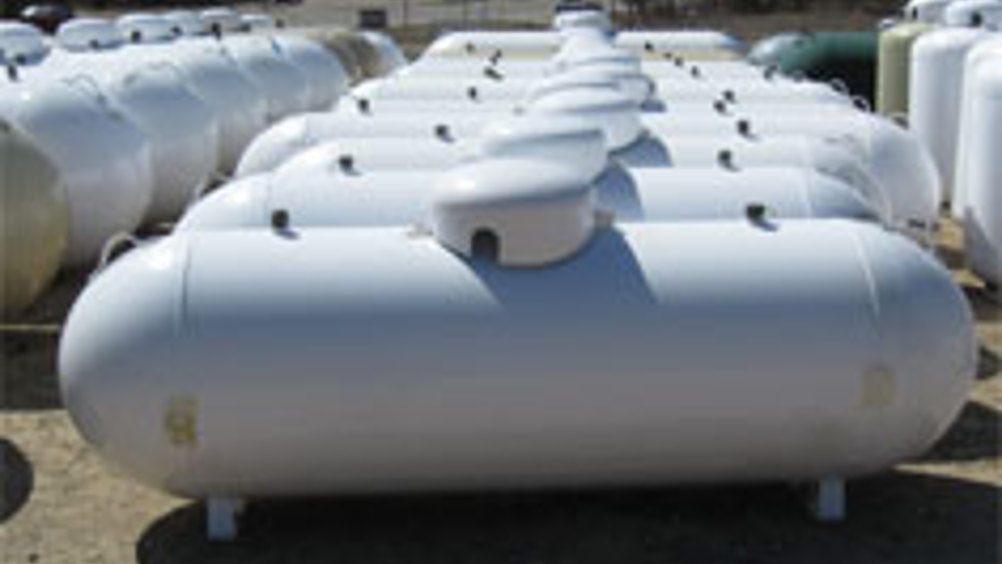EC-funded project develops engineered micro-organisms
The European Commission (EC) is to fund a project to develop photosynthetic micro-organisms that directly convert solar power and carbon dioxide into engine fuel.

The Directfuel project − spearheaded by Dr Patrik Jones and Prof Eva-Mari Aro at the University of Turku in Finland − will attempt to biologically convert solar energy directly to propane by engineered cyanobacteria.
Propane, a product that is volatile at room temperature, is easily liquefied and, having been used for more than half a century, has an existing distribution infrastructure.
Prof Nigel Scrutton from Manchester University’s Faculty of Life Sciences team will be collaborating on the project with Prof David Leys. He said: ’The successful outcome of the Directfuel project will revolutionise the production of biofuels by engineering photosynthetic microbes that produce engine-ready fuels without the need to harvest biomass.’
Biological energy-conversion processes are particularly well-suited for production of the hydrocarbon fuel molecules. However, no natural molecular ability for such a conversion is known at present, so the task of the Directfuel project is to construct new metabolic pathways with such capability.
Register now to continue reading
Thanks for visiting The Engineer. You’ve now reached your monthly limit of news stories. Register for free to unlock unlimited access to all of our news coverage, as well as premium content including opinion, in-depth features and special reports.
Benefits of registering
-
In-depth insights and coverage of key emerging trends
-
Unrestricted access to special reports throughout the year
-
Daily technology news delivered straight to your inbox










UK Enters ‘Golden Age of Nuclear’
The delay (nearly 8 years) in getting approval for the Rolls-Royce SMR is most worrying. Signifies a torpid and expensive system that is quite onerous...